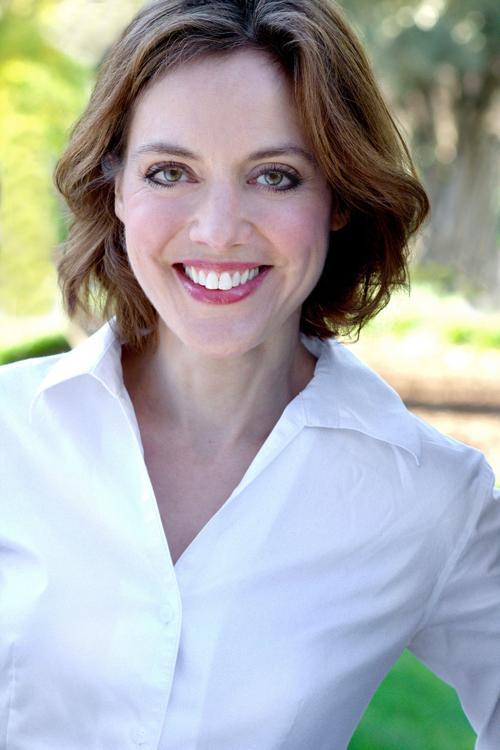The University of УлшжжБВЅтs Lunar and Planetary Laboratory will welcome one of the worldтs leading scientists in asteroid detection and planetary defense to its staff this fall.
Amy Mainzer, who will become a professor of planetary sciences at the UA, is a senior research scientist specializing in astrophysical instrumentation and infrared astronomy at NASAтs Jet Propulsion Laboratory.
She also serves as the principal investigator of NEOWISE, NASAтs Near-Earth Object Wide-field Infrared Survey Explorer, a reactivated spacecraft used to find, track and characterize near-Earth objects. As the largest asteroid-hunting project in space, NEOWISE has resulted in the discovery of thousands of new asteroids and comets, some of which have been classified as potentially hazardous based on their size and proximity to Earth.
Mainzer is also the principal investigator for NASAтs NEOCam, a project that aims to reduce the threat of near-Earth objects, study the origin of asteroids in the solar system and find suitable objects for exploration.
People are also reading…
Mainzer graduated from Stanford University with a bachelorтs degree in science in 1996. She has a masterтs degree in astronomy from the California Institute of Technology and a Ph.D. in astronomy from UCLA.
Mainzer oversaw the development of the fine guidance sensor for NASAтs Spitzer Space Telescope as an engineer with Lockheed Martin, before starting her career at JPL in 2003.
She is the curriculum advisor and host for the PBS Kids series тReady Jet Go!т Mainzer helps create science programming for young children and teaches them about different aspects of space, including the solar system, asteroids and constellations.
тItтs one of the fun things about getting to do science. Itтs really great to get to work on projects that we think are important, that are in the public interest, and a part of that is тІ really sharing what we do with everybody else because we have a lot of obligation to do that,т said Mainzer in a 2018 interview with Planetary Radio. тI think, as scientists, that itтs really important that we tell everyone what weтre learning.т
For her work on near-Earth objects, Mainzer received the NASA Exceptional Public Service medal in 2018, and also has an asteroid named after her.














